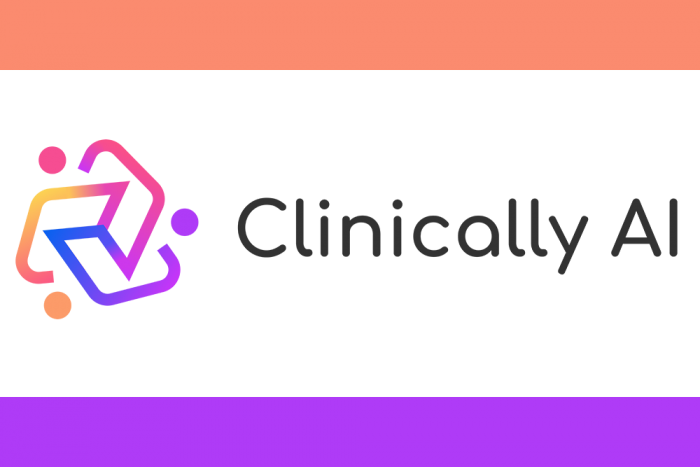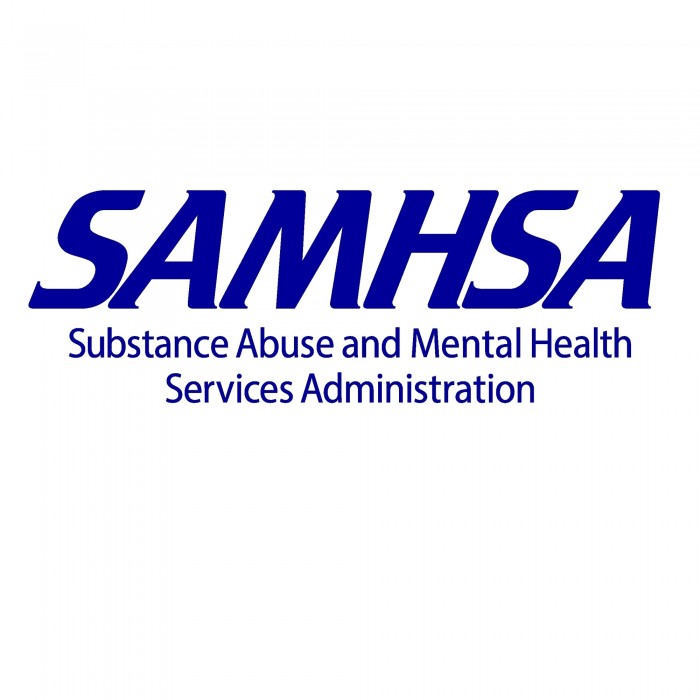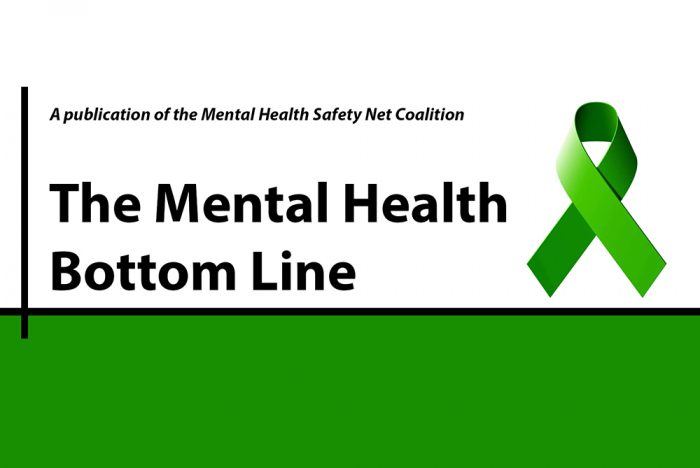Elevating Pennsylvania’s Providers: The Future of AI for Documentation & Compliance in BH and IDD
October 29, 2025
1:00 pm ET
Register Here
Pennsylvania’s behavioral health and IDD providers face increasing demands for accuracy, compliance, and efficiency — all while staff are overextended and burnout is rising. Traditional documentation tools are no longer enough.
This webinar, presented in partnership with RCPA, will showcase how Pennsylvania providers are embracing organizational AI to strengthen clinical documentation, improve compliance, and reduce administrative burden across every program and service line. Ross Young and Michelle Montowski of Clinically AI will showcase how their organization is supporting RCPA members through adoption cohorts, creating a statewide movement to elevate documentation quality, reduce risk exposure, and give staff back valuable time for care.
Participants will learn how to:
- Implement real-time compliance auditing that ensures documentation meets state, federal, and payer requirements.
- Use ChartAware AI to incorporate longitudinal client history into documentation, enhancing quality and continuity of care.
- Support every discipline and setting — from therapists and psychiatrists to DSPs, case managers, nurses, and peer specialists.
- Reduce audit risk by automatically flagging compliance gaps before submission.
- Explore how Pennsylvania providers are working together to shape best practices and accelerate adoption.
- See how AI can be deployed responsibly — with clinicians always in charge.
This webinar is primarily for:
- CEOs, COOs, and CFOs of behavioral health and IDD organizations;
- Compliance, Quality, and Clinical leaders; and
- IT & Operations leaders.
Register Today

















